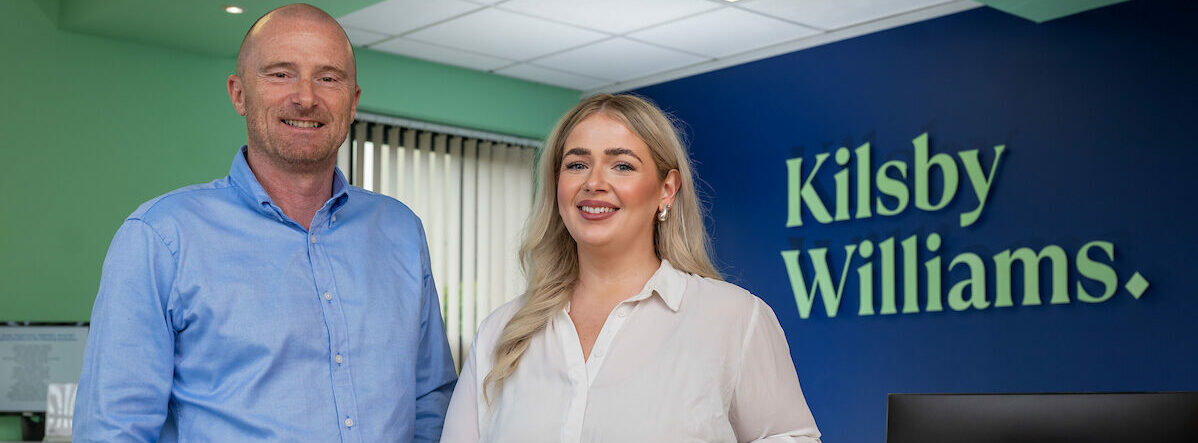In this squeezed market, rather than increase rent, some landlords have tried to be a bit more creative to protect their bottom line, for example by incorporating their property portfolio into a company to escape income tax interest restrictions and shelter profits, or by changing from long-term letting to short-term holiday letting which is generally more profitable.
There are several tax advantages for individuals owning Furnished Holiday Let (FHL) properties, which we have covered in a previous article.
But what are the tax implications if an FHL property is acquired by a company, or a company changes a property it owns from a long-term let to an FHL?
FHL companies benefit from most of the same tax advantages as FHL businesses owned by individuals, such as:
- Capital gains can be rolled over into the purchase of other FHL properties
- Capital allowances can be claimed on qualifying capital expenditure
- Business Asset Disposal Relief (BADR) can be claimed (tax rate of 10% on the gain) if the shares of an FHL company are sold
- Interest is deductible in full when calculating taxable profits (subject to the corporate interest restriction which has a £2m threshold)
- VAT registration. This could be seen as a disadvantage as it would increase the rent, but it also means input VAT on costs can be reclaimed
There are, however, several differences between company and personal ownership of FHLs:
Tax advantages of UK corporate ownership of a FHL property
- The tax rate on rental profits up to £50,000 is 19% (and 25% for higher profits) whereas individuals pay at their marginal tax rate which could be 40% or 45% for higher earners
- If the shares of an FHL company are owned by another company, the parent company can claim Substantial Shareholding Exemption (SSE) on disposal of the subsidiary shares, meaning the gain would be exempt from tax
- If a buyer purchases the shares of an FHL company rather than the FHL property itself, the stamp duty rate would be 0.5%, which is much lower than property stamp duty (plus surcharge) rates. This makes an FHL company more attractive to buyers than if the property was owned personally
- There is no requirement to complete a capital gains tax return and pay tax within 60 days of sale of a company-owned FHL property
Tax disadvantages of UK corporate ownership of a FHL property
- The overall tax rate on rental income may be higher than personal ownership if most or all of the profits are extracted as salary/dividends by the shareholders
- There would be no BADR or annual exemption to reduce a taxable gain on the sale of a company owned FHL property, so the tax rate on any capital gain would be higher than individual ownership – 19% or 25% versus 10%
- If the shareholders occupy the FHL property for private use there would be a benefit-in-kind charge unless they paid the company a market rent
- There are additional administrative costs of company ownership, such as accountancy fees and the submission of Relief Declaration Returns (if relevant)
As you can see, there are many factors to consider when deciding on an ownership structure for an FHL property. You should seek professional advice before making any purchase of an FHL business or changing a property from long-term letting to an FHL.
If you have any queries and would like assistance please contact Dafydd Ford on 01633 653166 or Dafydd.Ford@kilsbywilliams.com. Alternatively, please contact your usual advisor on 01633 810081 or email info@kilsbywilliams.com



